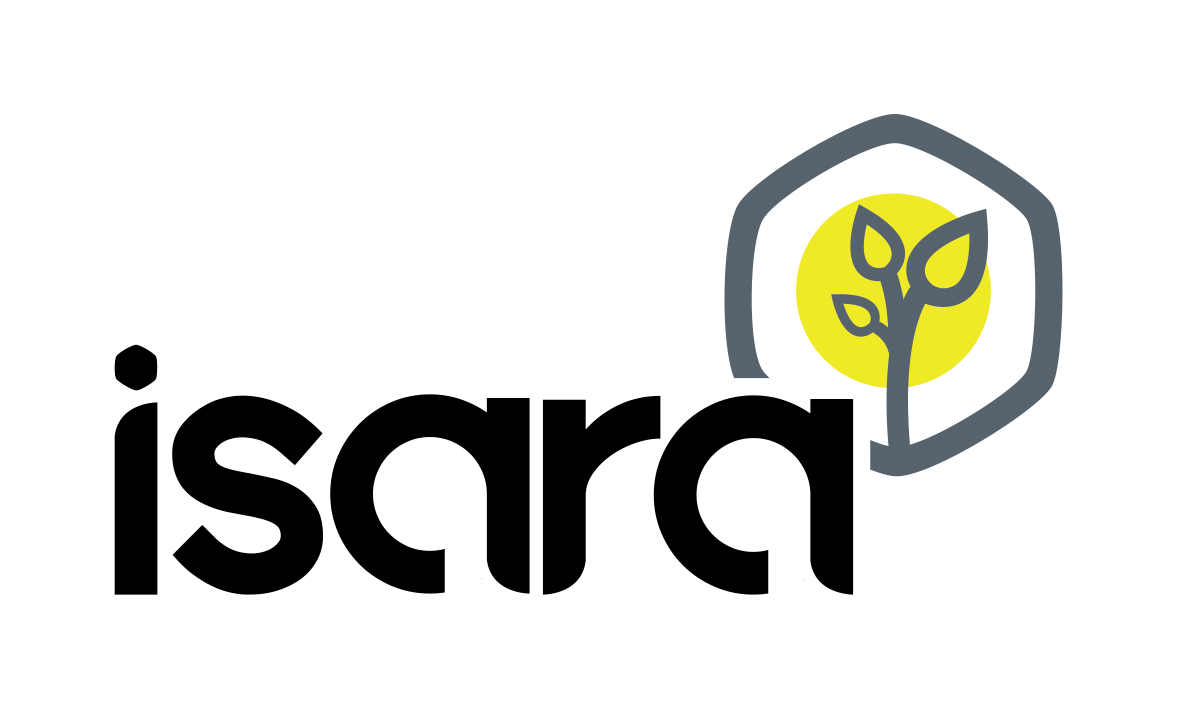How organic farmers practice conservation agriculture in Europe
Résumé
The interest of organic farmers in adopting conservation agriculture principles, including minimal soil disturbance, permanent soil cover and crop rotation has been growing since the early 2000s. However, currently there is no network for organic farmers practicing conservation agriculture, and a lack of knowledge on how organic farmers implement conservation agriculture in practice. Consequently, few technical references are available for organic farmers when they start applying conservation agriculture practices, in particular on controlling weeds without the use of herbicides. The main objectives of this study were: (1) to explore the diversity of conservation agriculture techniques (i.e., reduced tillage, no-tillage and green manures) practiced among European farmers, and (2) to identify farmers’ main strategies for implementing conservation agriculture and the agronomic and environmental factors that determine these strategies. Strategies were identified by analyzing survey results on: (1) the type and degree of use of conservation agriculture practices by farmers, and (2) the effects it produces in terms of soil disturbance and soil cover (low, medium and high). We carried out a survey of 159 European organic farmers and collected 125 data sets on management of winter-sown crops. Among the conservation agriculture practices, reduced tillage was used by 89%, no-tillage by 27% and green manure by 74% of the 159 interviewed farmers. Green manures were more frequently used in northern Europe than in the south (below 45°N). Most of the farmers used crop rotations, with a mean duration of 6 years. A wide diversity of conservation agriculture practices were used, with farmers rarely using all three techniques (no-till, reduced till and green manures) within one system. The range of practices was grouped into five strategies ranging from intensive non-inversion tillage without soil cover to very innovative techniques with no-tillage and intercrops. The five strategies for conservation agriculture could be grouped into two larger categories based on weed control approach: (1) intensification of the mechanical work without soil inversion or (2) biological regulation of weeds with cover crops. The diversity of strategies identified in this study shows that organic farmers use innovative approaches to implement conservation agriculture without herbicides. This study's findings will help organic farmers to experiment with innovative practices based on conservation agriculture principles and also benefit conventional farmers who use conservation agriculture practices and would like to reduce or eliminate the use of herbicides.


